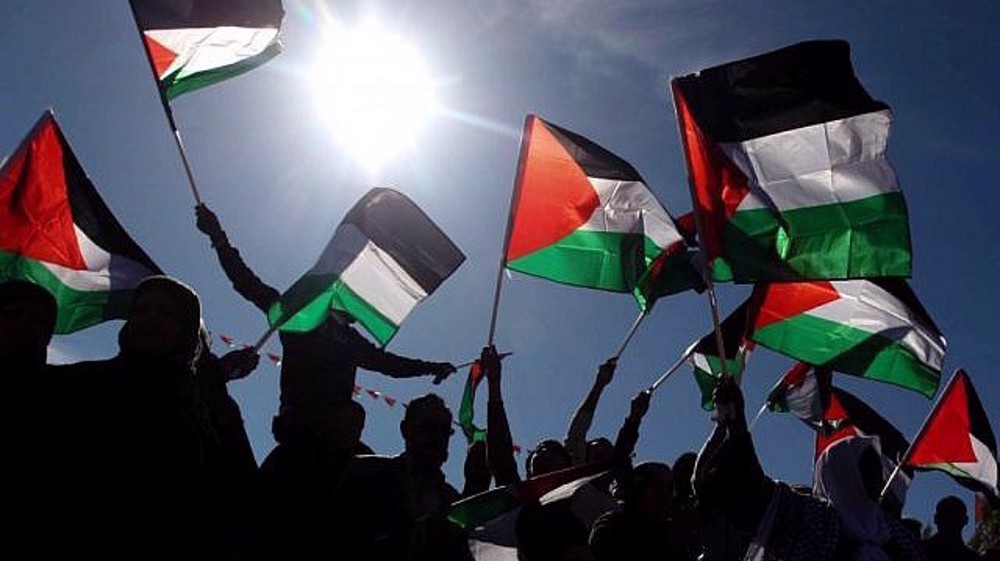Over 20,000 Myanmar refugees enter China amid fighting between army, rebels: Beijing
Thousands of people from Myanmar have fled into China following recent intense clashes between the military and armed ethnic rebel groups, a senior Chinese official says.
Geng Shuang, a Chinese Foreign Ministry spokesman, said at a regular press briefing in Beijing on Thursday that over 20,000 Myanmar refugees had taken shelter in China after violent clashes broke out between the Myanmarese army and ethnic rebels this week.
The spokesman added that the Myanmar residents were being offered humanitarian assistance "to temporarily avoid the war."
Beijing has called for an immediate ceasefire between the two warring sides and urged them to “exercise restraint” to "prevent further escalation and take practical and effective measures to restore peace and stability to the border areas,” Geng stressed.
Elsewhere in his remarks, Geng noted that bullets and artillery shells had entered Chinese territory from a town in Myanmar bordering China. The shelling injured one Chinese resident and damaged some property.
In a statement released on Tuesday, Myanmar’s military said it used heavy artillery to repel rebels who swept into Laukkai, the capital of Kokang region in Myanmar's northeastern state of Shan, in a pre-dawn raid on Monday.

The military said rebels from the Myanmar Nationalities Democratic Alliance Army (MNDAA) "failed" in their attempt to take Laukkai. It confirmed that civilians and "some army officers" had died in a series of clashes around the violence-wracked town.
At least three dozen people were killed in fresh intense fighting after MNDAA rebels dressed in police uniforms launched a surprise raid against police and military posts early Monday.
Read more:
Kokang area has seen repeated bouts of heavy fighting between the army and a band of well-armed ethnic minority militias since November 2016.
Fighting in Shan and the northern state of Kachin along the Myanmar-China border is intensifying day by day.
The clashes have threatened the second round of peace talks slated for later this month.

Last August, delegates from some rebel groups stormed out of the first round of the peace talks with Myanmar's de facto leader Aung San Suu Kyi over a spat about their accreditation.
The government's efforts to expand a ceasefire signed with some ethnic rebel groups in 2015 have faltered.
Observers believe Beijing holds significant sway over the ethnic fighters and has a key role to play in peace talks that Suu Kyi has tried to revive since coming to power in 2015.
VIDEO | Press TV's news headlines
VIDEO | Israel's push for West Bank annexation
VIDEO | Jordanian Journalists Syndicate denounces Israeli crimes against media workers
VIDEO | Grossi visits Tehran hoping to facilitate dialogue
VIDEO | Iran commemorates 13th anniversary of missile program pioneer
Israel’s aggression inflicts $8.5 billion in economic losses on Lebanon: World Bank
Hezbollah attacks Israeli military bases in Tel Aviv, Haifa
Hezbollah strikes multiple Israeli targets in fresh retaliatory operations










 This makes it easy to access the Press TV website
This makes it easy to access the Press TV website